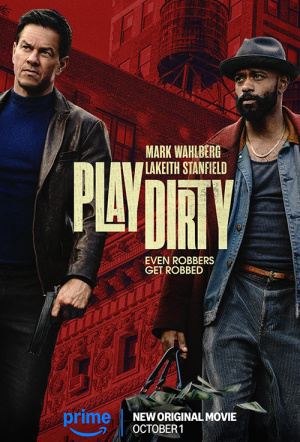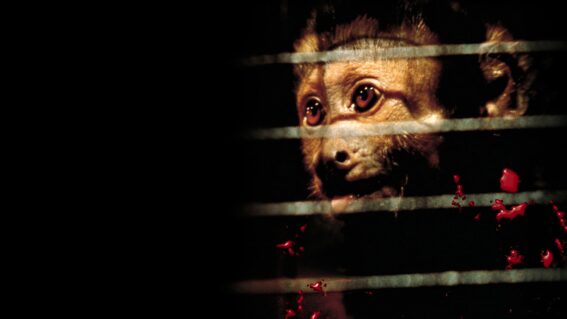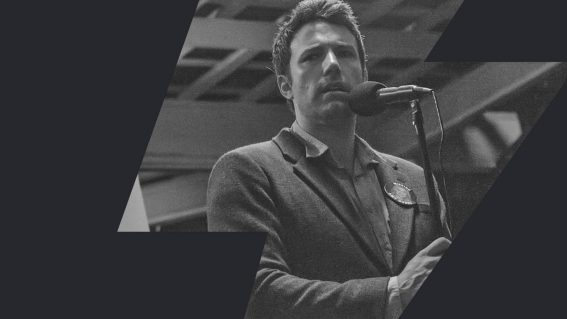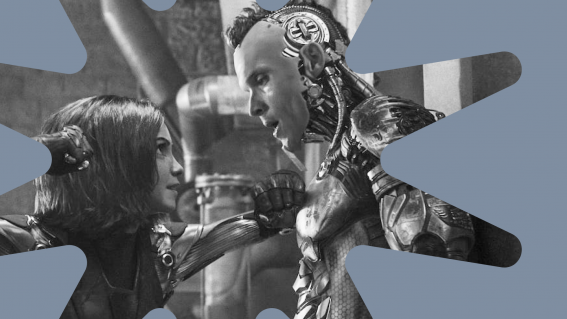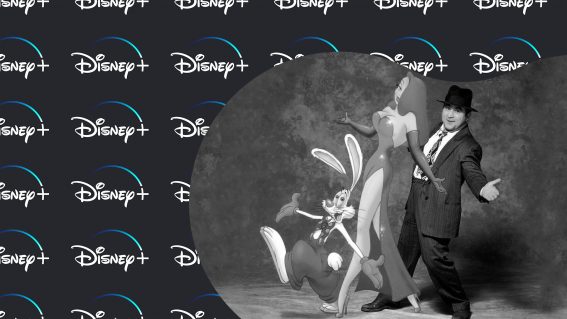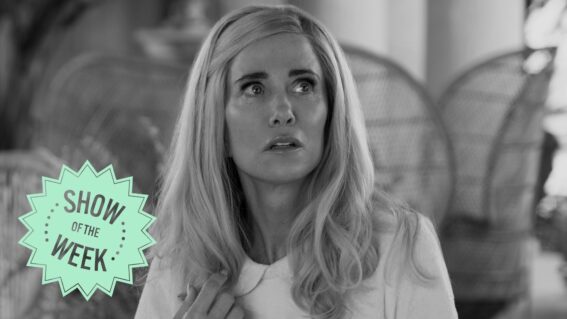Play Dirty is exactly what you want from a Shane Black action movie
Mark Wahlberg sneaks, shoots, and connives in Shane Black’s twisty new heist thriller—an action flick that thrives on flipping expectations.
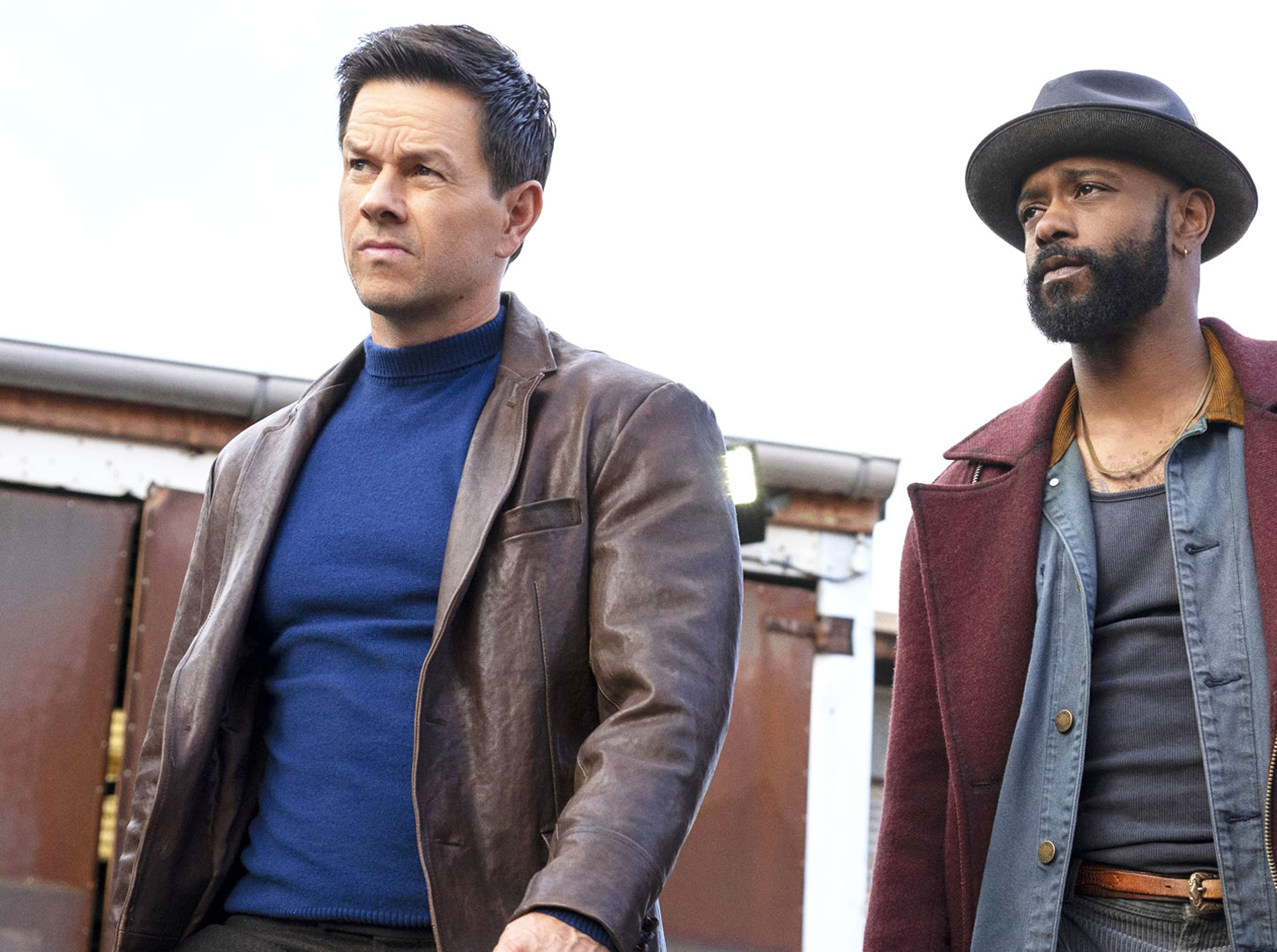
Play Dirty has pluck, sass, and grunt; it’s exactly what you want from a Shane Black movie. Black, the crack Hollywood action scribe whose scripts include the first two Lethal Weapon movies and Last Action Hero, launched his directorial career with the hyper self-aware 2005 neo-noir Kiss Kiss Bang Bang. Since then he’s directed his own screenplays, and stages action scenes competently—but when his work really pops it’s because of the writing. Play Dirty sits comfortably in the heist movie format, but is laced with moments that make you sit up and take notice—like you’ve just been splashed with cold water.
Mark Wahlberg is the safest pair of hands to lead this kind of picture; you know he’ll do a decent job as a wily thief who’s learned that thinking two steps ahead is a survival necessity. The opening scenes do important heavy lifting, establishing the quick, process-driven thinking of Wahlberg’s protagonist Parker, as well as Black’s entertaining tendency to suddenly rearrange the pieces and switch gears. There’s a lot of left turns in this film; a lot of fanging it.
It begins in the thick of a robbery orchestrated by Parker and his associates, targeting a big, juicy money vault. Mid-operation, a man—presumably an employee of the facility—arrives and realises the place is being robbed. He has, dare I say it, a quintessentially American reaction, almost instantly deciding that “this is perfect—I’m going to rob the robbers.” And he doesn’t just rob them: he barges in and shoots a couple point-blank in the face, then runs back to his car with a bag full of cash. Black doesn’t have to explain what’s going through this guy’s mind: he sees an opportunity and takes it.
It’s a clever moment to frontload, crystalising the dog-eat-dog sentiment of this world. It also abruptly cuts off a scene we assumed was going to play out, and sends the film hurtling in another direction, with Parker pursuing the robber-of-robbers like a T-1000; messing with this man is a mortal risk. The chase spectacularly culminates on a horse track, the assailed man’s car crashing through the fence and interrupting a race mid-flight, animals bouncing into and over his car. The aforementioned money vault was presumably attached to this location—but revealing that might’ve spoiled the surprise.
Black lets us catch our breath, slowing things down as Parker’s team reconvene in a shack in the woods and count their cash. But the rug is again ripped from beneath us when one of the team, Zen (Rosa Salazar), assassinates—in an almost dance-like maneauver—everybody other than Parker, who narrowly escapes. All this unfolds in the first 12 minutes; it’s tight as hell.
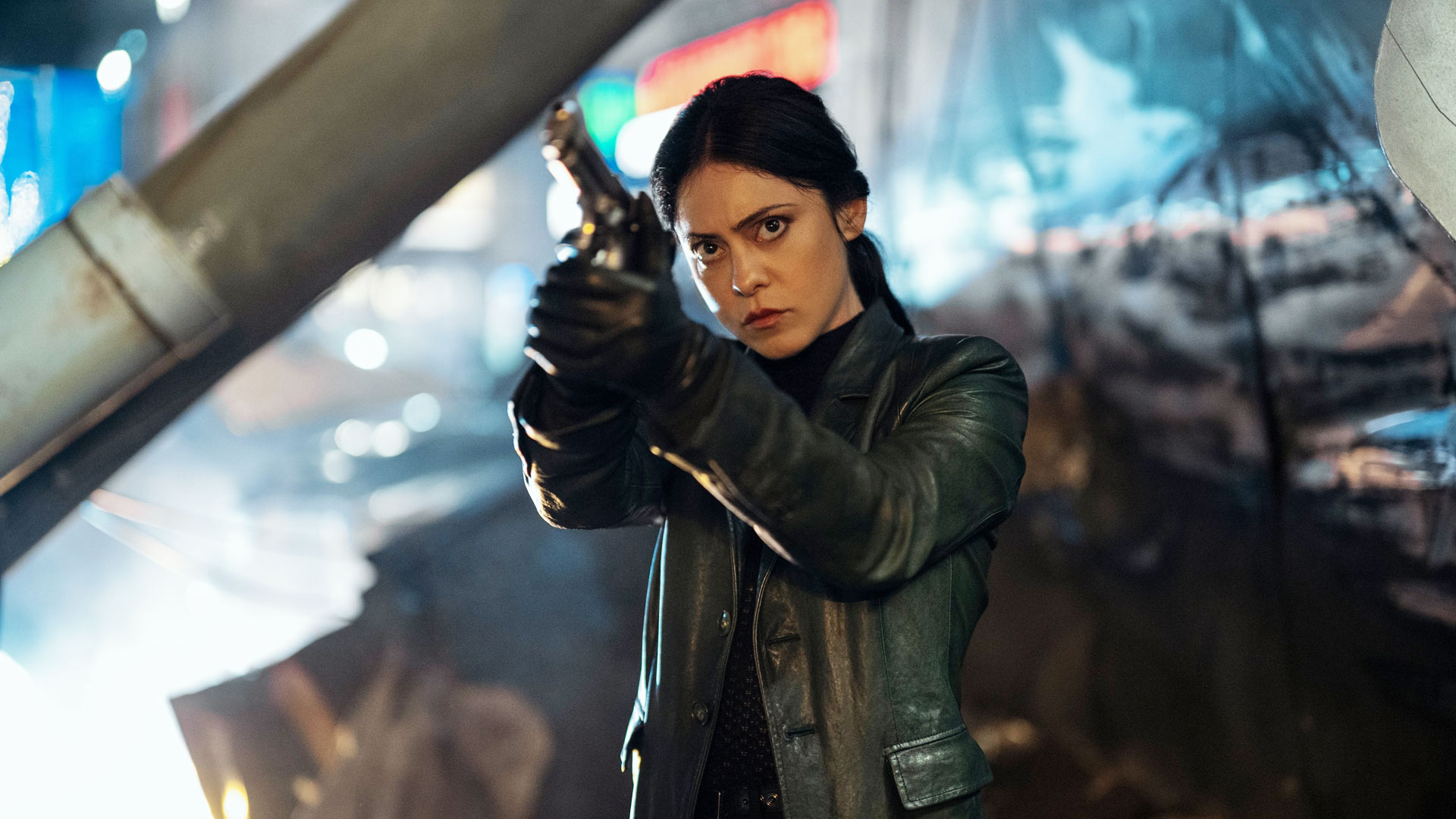
I assumed that Parker’s inevitable pursuit of Zen would consume a significant chunk of the runtime going forward. But again Black rearranges the pieces, this time to lay the foundation for the stakes-upping main act, which involves Parker teaming up with Zen for a heist that involves ripping off an entire country. The dictator of this unnamed nation has got his hands on a priceless artifact known as the “Lady of Arintero,” a wooden sculpture studded with precious gems, which has attracted the gaze of a billionaire (Chukwudi Iwuji), who Parker can play in order to get his hands on that sweet sweet treasure.
Wahlberg is one of those actors who, in a bad movie, is still pretty good, and, in a great movie, is still pretty good: consistently his own even when the work peaks and troughs. In this movie, surprise surprise, he’s pretty good. I didn’t quite buy Rosa Salazar as a hardened killer, though; you can see her straining for a dangerous glint in her eyes that doesn’t quite land. Black’s decision to keep giving her people to kill feels like overcompensation. But her dialogue and interactions with Parker are fun. In one scene Zen rounds off a monologue by saying: “stories like that shaped me as a kid. What shaped you, Parker?” He responds: “I stole something and I got away with it.”
Some of the action in Play Dirty feels a bit workmanlike, but Black mostly maintains a playful edge—thanks in part to Alan Silvestri’s jazzy score, the perfect soundtrack for sneaking about (you can imagine the Beagle Boys cueing it up before breaking into Scrooge’s Money Bin). And while I found myself craving more sequences as brisk and snappy as those early highlights, the film rarely lingers too long between thrills. Moments of levity and a retro sensibility help prevent the momentum from flagging.





